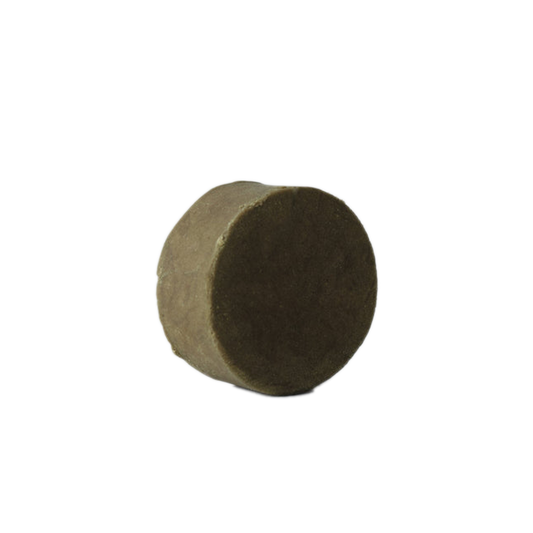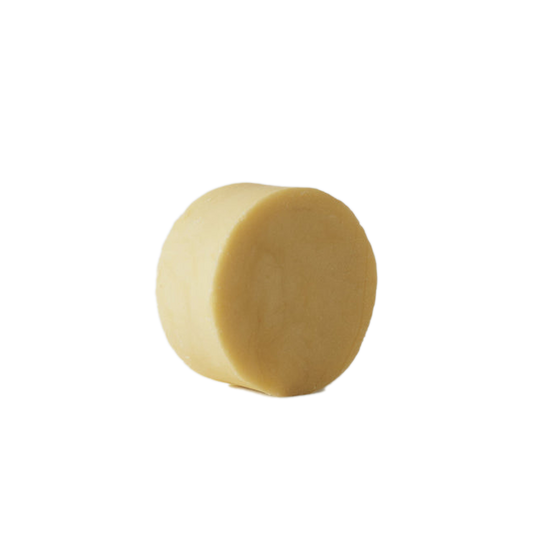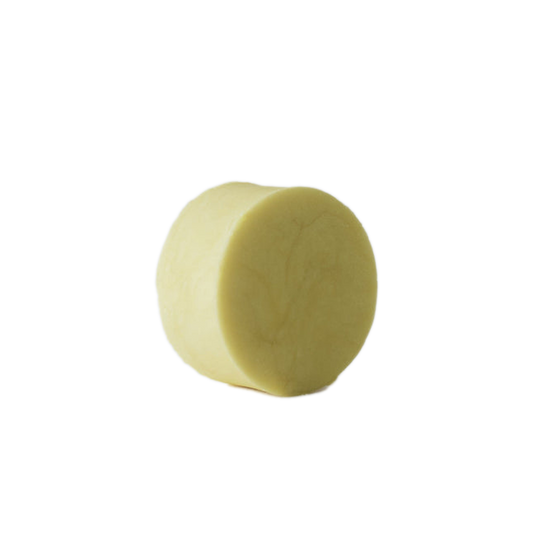Our resident nutritionalist Danielle Heyhoe has been imparting her wisdom through the journal for a while and you may not be aware that her expertise stretches to nutritional advice for before, during and after pregnancy. Danielle is expecting her first child herself so we’ve drawn on this invaluable knowledge for a special feature about nutrition for pregnancy and motherhood. Read on to find out more…
For many years, mothers have been told that their diet doesn’t matter all that much during pregnancy, and that their unborn babes will be able to obtain all the necessary nutrients from their mother’s body. However, these days we are finding that quite the opposite is the case. Women we are now being empowered to think about pregnancy as a participatory period, where we have the power to support the development of our unborn babies, instead of being a passive spectator during incubation. This is definitely an exciting and worthwhile revelation for us.
Preparing for Pregnancy
Fertility relies on a synchronised dance between our sex hormones. This is both wonderful and sometimes frustrating if our hormones aren’t functioning how we want them to. From my experience, I have noticed that one of the main causes of inadequate sex hormone production is the all too common occurrence of stress. Both our sex and stress hormones share the same precursor; cholesterol that has been converted into pregnenolone. When the body becomes stressed it uses the available pregnenolone to create stress hormones, not progesterone or oestrogen. This means that for some women who undergo stress, whether it be emotional, physical, or environmental, their potential to ovulate can become impaired. In the lead up to pregnancy I suggest having more down time; take up yoga, go for gentle walks, stay home more, and choose to do things that make you feel relaxed.
Nutrition is another key area to consider in fertility for two reasons. Firstly, diet determines our insulin levels, which subsequently influences our level of testosterone. The more insulin in the blood, the higher level of testosterone present, which has been shown to cause irregular ovulation and insulin resistance in some women. Sticking to a low sugar/refined carbohydrate, and higher fat diet will help to manage your insulin levels.
Secondly, the diet you start with and continue with during pregnancy is the very thing that nourishes your unborn baby. Babies require a multitude of nutrients in order to grow, some of which I will mention shortly. I like to think of the pre-pregnancy stage as your ‘storing’ phase, where for at least six months you store the nutrients you want your baby to consume to promote sufficient growth. When you think of it like this, a more focused diet doesn’t seem restrictive, but a special way to support your growing baby. Also, remember that no one is perfect. Your baby is affected by what you eat most of the time, not what you eat some of the time.

The Diet: Fertility, Pregnancy, and Motherhood
There are a number of key micronutrients that are important to consume in all three stages. In the pre-pregnancy stage these nutrients will support fertility and will be stored for baby. During pregnancy, they will support foetus development. In the postpartum phase they will enrich your milk supply and support your own energy levels.
Vitamin A is crucial for developing strong bones, good eyesight, healthy skin, sufficient hormone production, metabolism, and good concentration in new-borns. It helps direct cells to their rightful places, and supports communication between baby’s organs and the brain. Vitamin A is sourced from eggs, grass-fed butter, liver, and fish liver oils. The precursor to Vitamin A can be found in carrots, spinach, and sweet potatoes, however to what extent the body can convert this into vitamin A is not yet conclusive.
Vitamin D is crucial for lung development. It must be consumed alongside vitamin A to be absorbed and used well. To obtain vitamin D, the best way is to enjoy 20 minutes in the sun, uncovered, daily. Food sources include cold water fish and/or fish oils, and there is a small amount found in mushrooms.
Vitamin K2 is important for foetal development; bone structure, teeth, the brain, and blood. It has also been shown to improve the nervous system of your baby. Sources of vitamin K2 include liver and foods sourced from grass-fed animals, e.g. butter. Vitamin K2 is very difficult to find in plant foods, however it is suggested that natto is one plant source that does contain some.
DHA, which is an omega-3 fatty acid, supports brain development, i.e. formation of the neurons. It also protects the baby from oxidative stress, which leads to disease. The best sources are salmon, mackerel, and sardines. The best source for vegan or vegetarian eaters is to supplement with algae.
Choline is necessary for the formation of synapses between neurons in newborns. Adequate amounts of choline during pregnancy support a healthy nervous system and avoid spinal cord and brain defects. Good sources are eggs and peanuts (think pure peanut butter!).
Cholesterol is a very important nutrient to consume during pregnancy, not only as it supports sex hormone production, but also to assist in foetal brain, nervous system, and intestinal development. I implore you not to avoid consuming cholesterol during these precious months - enjoy a cholesterol-rich diet of eggs, butter, and shellfish.
Glycine is an essential amino acid that is required for protein synthesis of the foetus and placenta. It is important to consume glycine-rich foods, such as fish, meat, and dairy, while consuming a diet that consists of animal meats. Some good vegetarian sources include spinach, cabbage, cauliflower, and pumpkin.
Folate (Folic Acid), according to research, has shown to help prevent neural tube (spinal cord and brain) defects in infants. Dietary sources of folate include liver, dark leafy greens, egg yolks, legumes, and other green vegetables.
Although some of these nutrients can be sourced from plant-based foods, if you do follow a vegetarian or vegan diet, I strongly advise you to consult with your health practitioner to make sure you are getting enough of the necessary nutrients for optimal foetal development.
Motherhood (Postpartum)
After nine long months of anticipatory longing to meet your baby, you have finally arrived in this precious period of cuddles and long nights. You need to care not only for your newborn’s health, but also your own. You too are worthwhile of being caring for. This is why there are two main reasons to continue consuming a nutrient-dense diet postpartum. The first of these is for your own health and energy. Consuming real foods will promote energy creation and increased cognition, both which will support you to care for your newborn well, get you through the crying phase, sleeplessness, and emotional saga leftover from your hormones.
The second reason is to increase the nutrient-quality of your breast milk. The nutrient density of breast milk relies entirely upon the mother’s diet. This means that if you consume a diet of highly refined and processed foods, so does your baby, and the result is little energy and a body that doesn’t run as efficiently as it could. In all cases, I recommend following the exact same diet mentioned above for pregnancy. You may find that you are hungrier during breastfeeding, which just means you need to increase your fat consumption. Think grass-fed butter in vast quantities, smoked salmon with lemon and capers, whole avocados tossed through your salads, green vegetables lathered with olive oil and seeds, and squares of 90% dark chocolate.
Women who choose to breast feed may also require support to increase their milk supply. This is when the almighty ‘Lactation Cookie’ becomes your best friend. Unique to lactation cookies are two main ingredients; brewer’s yeast and flaxseed. Brewer’s yeast is made from a fungus that contains iron, protein, and many B-vitamins (which increase energy creation), as well as many minerals. It is believed to “jump-start” your production of breast milk and increase your supply. Secondly, flaxseed is wonderful for breast-feeding mothers because it increases the ALA content of breast milk, which helps to increase your newborn’s DHA (omega-3 fatty acid) intake, thus supporting brain development and function in your newborn.
Remember to enjoy these three special phases and not to become stressed during any of them. This is an exciting time for you and your partner, one to be cherished and remembered. Breath slowly, eat good food, and smile often.
Thank you Danielle! Read more of her words of wisdom here.
Words: Danielle Heyhoe
Cover image: La Rousse Photography




